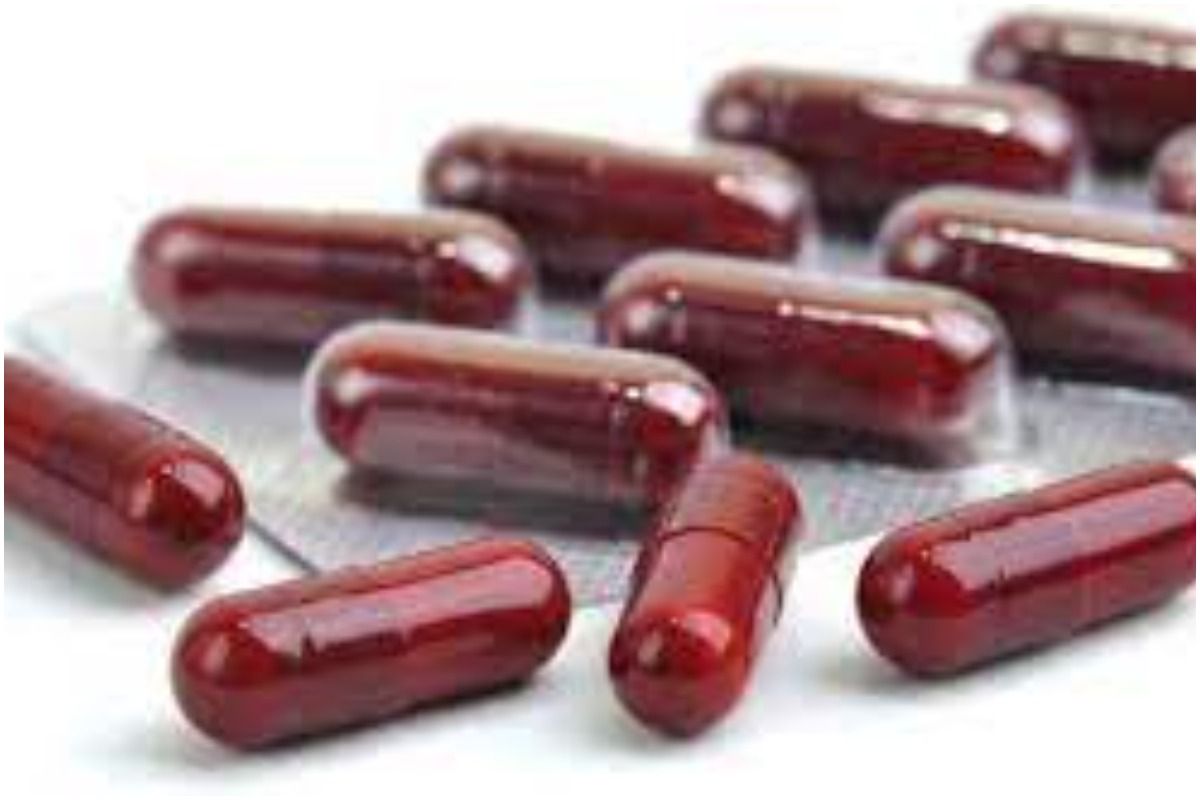These treatments, while often effective in managing cancer, come with their own set of challenges, primarily due to the adverse effects they can have on patients.
New Delhi: In 2022, India faced a challenge, with over 14.1 lakh new cancer cases and more than 9.1 lakh deaths due to the disease. The risk of developing cancer before the age of 75 in India is calculated at 10.6%, with a mortality risk of 7.2%. These numbers are significantly high considering the population of India. The current treatment against cancer includes chemotherapy, which uses strong chemicals that target the cancer cells; immunotherapy, which boosts your body’s natural defences; radiation therapy, which uses high-energy rays to eliminate the cancer cells; and surgery to remove the affected tissue.
These treatments, while often effective in managing cancer, come with their own set of challenges, primarily due to the adverse effects they can have on patients. The physical and emotional toll of these side effects significantly impacts the quality of life of cancer patients.
Recently, a novel tablet combining the natural compounds resveratrol, found in grapes and copper may provide a breakthrough solution. This unique synergy not only promises more precise and effective cancer treatments in under Rs. 100 but also aims to reduce the adverse effects associated with traditional therapies, sparking a wave of optimism among the scientific community. By targeting the chromatin within cancer cells, this innovative formula could herald a new era in oncology, offering hope to millions worldwide affected by cancer.
Amidst the buzz, Darshit Patel, Co-Founder and Chief Scientific Officer at Decode Age, and Dr. Vishal Rao, a renowned oncologist and Scientific Advisor at Decode Age, bring a balanced perspective. Their commentary, under review by a prestigious journal, calls for a measured reflection on this promising yet complex advancement.
Dr. Vishal Rao advocates that while the media buzz has generated palpable excitement, we must approach this promising development with an open yet discerning mindset, and that this innovation warrants ongoing research and open dialogue to navigate this transformative period in cancer care, adeptly.
Decode Age, a biotech startup that is pioneering longevity research, recently setup a scientific advisory board (SAB), bringing together pre-eminent figures from a spectrum of disciplines including clinical research, academia, medicine, bioinformatics, and biotechnology, to navigate the complexities of ageing and bring forth unparalleled innovation in longevity research and innovation. The startup is working on a mission to become a global leader in the field of longevity sciences, beginning with the establishment of its new scientific advisory board.
As a Founding member of the Advisory, Dr. (Prof) U S Vishal Rao, MS, FRCS (Glasgow), FACS (USA), and Fellow of the Royal Society of Medicine, is a luminary in the field of surgical oncology and a beacon of innovation and humanitarianism. His dedication to improving healthcare outcomes extends beyond the operating room and laboratory; he actively participates in shaping policy and research agendas as a consultant to the Principal Scientific Advisor, Government of India, and the Vision Group for Biotechnology, Government of Karnataka. Dr. Vishal Rao’s wealth of knowledge in oncology, immunology, and the role of the microbiome is precious in exploring the connections between cancer, the immune system, and health policies, aligning with Decode Age’s mission to enhance health span through innovative research.
Mr Darshit Patel, Co-Founder and Chief Scientific Officer at Decode Age, has been working towards researching the role of resveratrol in longevity and wellness. Shedding light on the new innovation, Mr Darshit Patel says, “Resveratrol has been revered since the 1970s for its antioxidant and anti-inflammatory properties, and its potential role in cancer treatment and immune system support. The combination with copper, known for its oxidative properties, introduces a nuanced dynamic. This paradoxical combination highlights the intricate balance required in cancer treatment strategies.”
Dr. Vishal Rao, Scientific Advisor, Decode Age, delves deeper, and adds, “The dual objectives of cancer therapy are annihilating cancer cells and fortifying the immune system’s vigilance. The combination of resveratrol and copper presents a novel strategy that targets cell-free chromatin particles (cfChPs), known carriers of cancer-promoting genes. Clinical trials have showcased the efficacy of the resveratrol-copper duo in diminishing the hallmarks of cancer, with findings pointing to cell-free chromatin from the tumour microenvironment as a primary instigator of these cancer hallmarks. This synergy between resveratrol and copper enhances oxidative stress and amplifies the anticancer effects. However, it is essential to note that the copper-to-resveratrol ratio used in these trials was approximately 1:1000, indicating that copper played an accessory role in enhancing the effects of resveratrol rather than being the primary element. The duo works together to activate the immune system, identify the DNA released from tumour cells, and target the cancer cells directly. This innovative approach not only aims to eradicate cancer cells directly but also seeks to bolster the immune system’s ability to identify and eliminate these malignant cells.”
However, Dr Rao also expresses concern over the public’s rush to self-medicate with over-the-counter copper supplements, a trend that requires caution. Mr. Darshit Patel adds, “While resveratrol has been extensively studied as a nutraceutical and anti-ageing supplement, demonstrating tolerability in humans with minimal side effects, the concern centres on copper. In high concentrations, copper can induce oxidative stress, potentially exacerbating cancer risk. Thus, the dangers of potential self-medication need to be well understood. Our discourse underscores the imperative of comprehending the scientific underpinnings and intricacies of cancer research, advocating for informed decision-making concerning the utilization of copper or resveratrol adjuncts.”
–>
